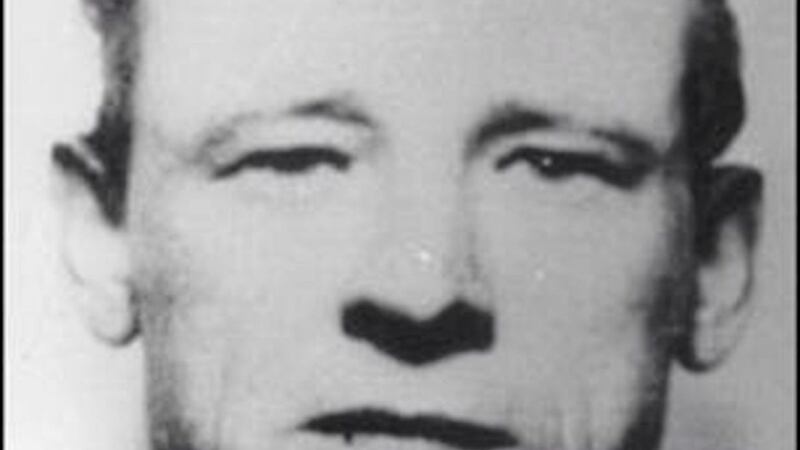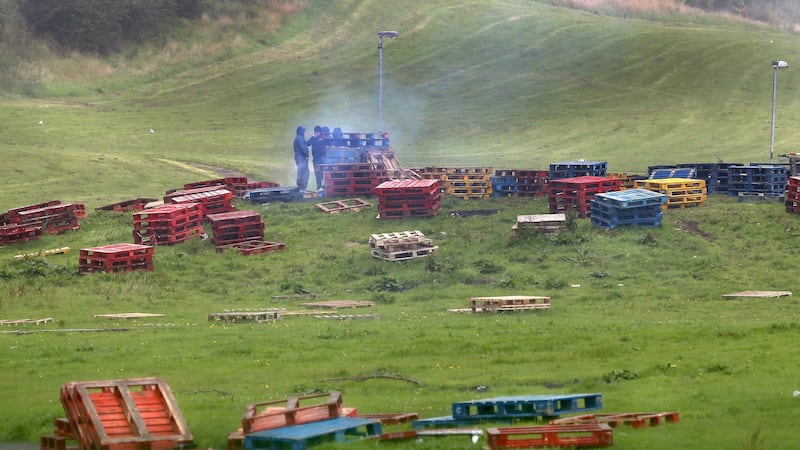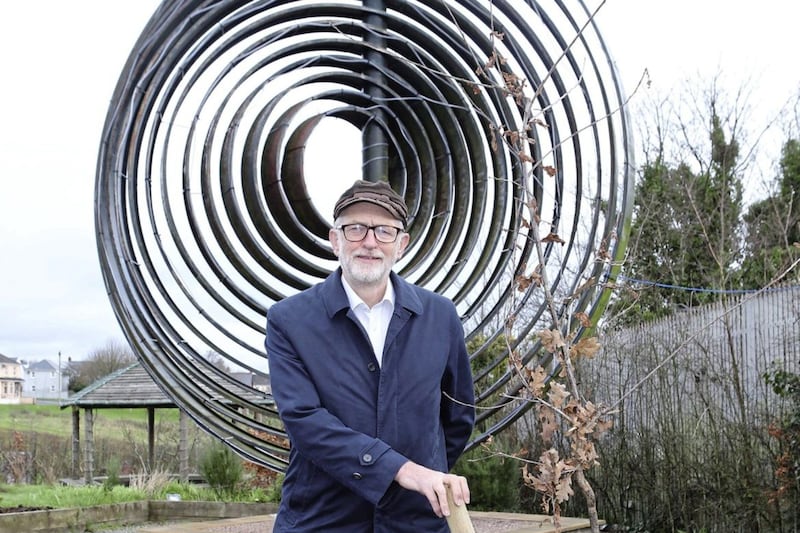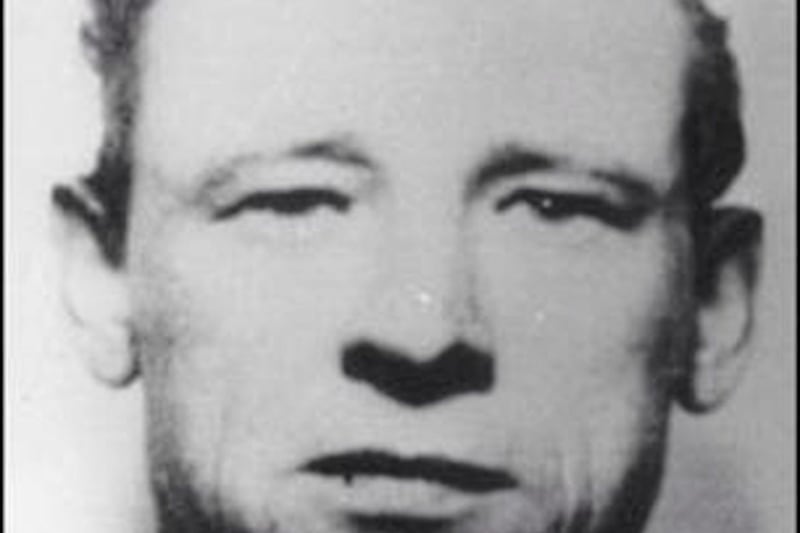“Gerry McKinney’s dead. The bastards shot him and he’d his hands up.”
That’s how my father was told his cousin, Gerry McKinney had been shot dead on Bloody Sunday. Approaching the age of ten, I remember Bloody Sunday as the day the Troubles didn’t just come knocking at our door but kicked it in.
My family didn’t live on the Troubles frontline; we were one step removed in Derry. When another cousin broke the news of Gerry’s death, my father refused to believe; he started to argue until my older sister came in from Sunday evening Mass.
She told us parish priest, Fr (Anthony) Mulvey interrupted Mass to say there’d been a “massacre” in Derry before breaking down.
Later we saw Fr Mulvey on TV, standing behind an ambulance, waving a white handkerchief as they brought Derry’s dead and broken in.
That night, sitting on the stairs, we listened to neighbours trying to find out what happened. Men were saying, “Athlone” (that’s what they called RTE radio) would give the true story.
In the midst of that, my mother came to say that Kevin McElhinney was among the dead. Aged 17, Kevin was a neighbour.
To me, he was one of the big boys in our area, off the Strand Road. I always envied his 'racer', a racing bike. Kevin was just a half second from the safety of the Rossville flats when a British soldier shot him in the back as he crawled away from him.
My mother said Kevin’s dad was out looking for his son and was coming up the street when neighbours told him Kevin was dead. She recalled him collapsing on the street. To a child growing up excited by the Troubles, everything became very real that night.
Families living on the front line in the Bogside, Creggan, the Falls could not escape the blunt onslaught of the Troubles. But, like many other families, we were slightly removed.
When the Troubles broke out, my father would finish work, gather up every cousin, and take us to Lisfannon Beach; anything to avoid the nightly bombs, riots and shootings; anything to ensure we were not sucked in. We’d play in the dunes and swim before coming back home at bedtime exhausted. We would hear the distant 'rat tat tat' of the gun battles as we lay in bed but we were slightly removed.
Bloody Sunday changed that. It brought the Troubles slap bang into the living rooms of every Catholic and nationalist family in the north. From that point on, there was no escape.
As a Derry man, Bloody Sunday still awakens a visceral emotion in me. As one of only six or seven journalists who covered virtually every day of the Saville Inquiry, I can still recall my anger as the horror was relived.
I listened to former Prime Minister, Sir Edward Heath as, in that plush English voice, he dismissed claims he knew what was going to happen. He told the Inquiry the first he knew of the killings was when he was having “tea” with the crew of his yacht, “Morning Cloud” at Chequers. How very British.
David Cameron’s apology in 2010 did much to salve the open wound of Bloody Sunday. However, subsequent events, in particular, the Tory government’s actions and words over legacy have prevented full healing from taking place.







